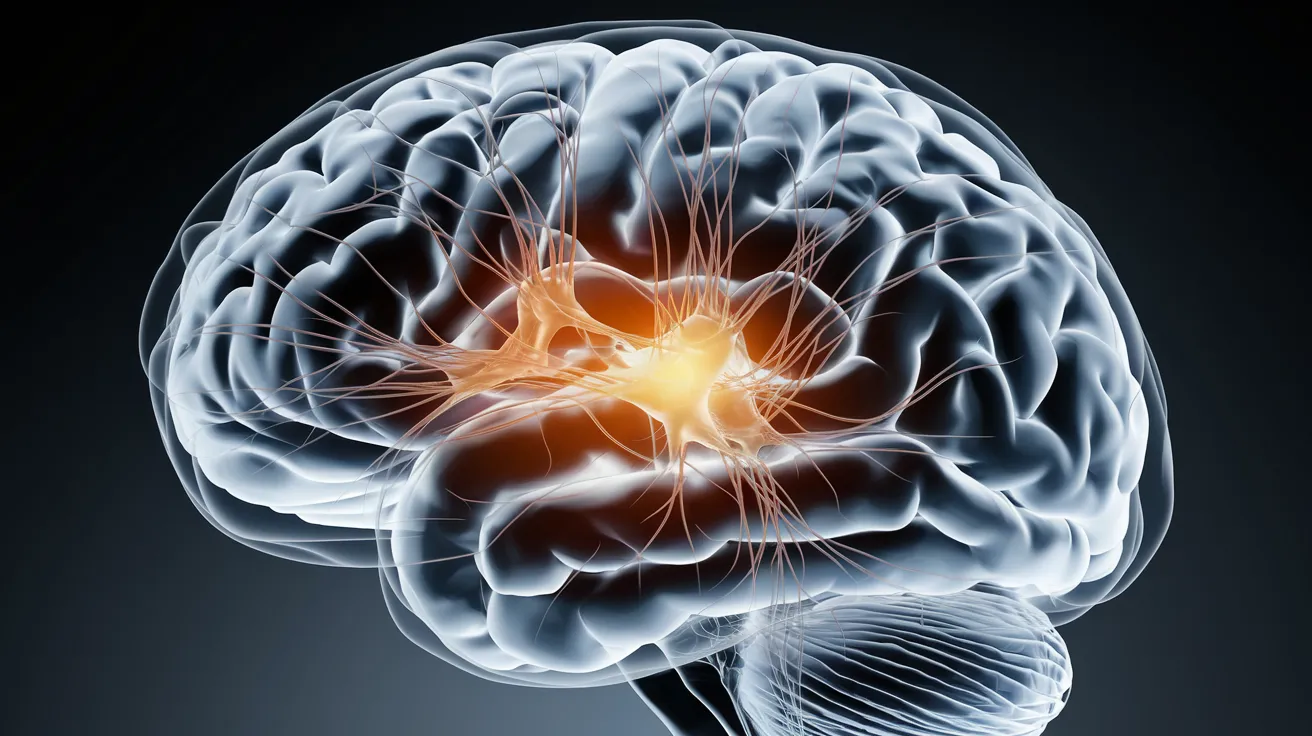AI Estimates Brain Age and Health Links

AI Tool Used to Estimate Biological Brain Age
Researchers at Karolinska Institutet utilized artificial intelligence (AI) to analyze MRI brain images from 739 cognitively healthy individuals aged 70. The objective was to estimate biological brain age and explore links to various lifestyle and health factors. This study serves a crucial role in highlighting how lifestyle choices could influence cognitive resilience as people age.
Link Between Health Factors and Brain Appearance
The findings noted that conditions such as diabetes, stroke, and inflammation correlated with older-looking brains. Conversely, healthier lifestyle habits, particularly regular exercise, were associated with a younger brain appearance. This aspect underscores the importance of maintaining vascular health to potentially stave off cognitive decline.
Implications for Future Research and Clinical Use
The innovative AI tool developed demonstrated robust estimates of biological brain age, which might one day be applied in clinical dementia assessments, according to principal investigator Eric Westman. As treatment options for dementia expand, understanding the factors that enhance brain resilience is critical to providing better patient care.
Future Directions: Exploring Sex Differences and Lifestyle Impact
Lead researcher Anna Marseglia pointed out that the study aims to delve deeper into sex differences regarding factors affecting brain aging. Future research will examine how social health elements, such as engagement and support networks, along with stress and sleep patterns, can further influence brain resilience, particularly among women. This focus reveals an essential area for understanding cognitive health in a nuanced manner.
Critical Considerations for Preventative Approaches
The study’s implications stretch beyond academia, suggesting that public health policies and personal healthcare strategies could benefit significantly from incorporating findings related to blood vessel health and brain aging. Promoting awareness about maintaining stable blood glucose levels and encouraging healthier lifestyle choices could serve as proactive measures in reducing cognitive decline risks.